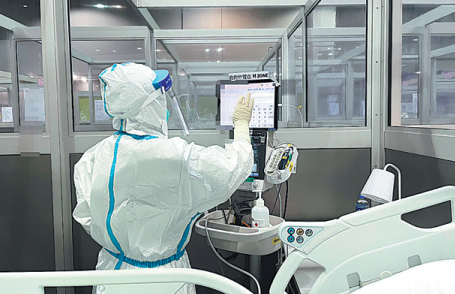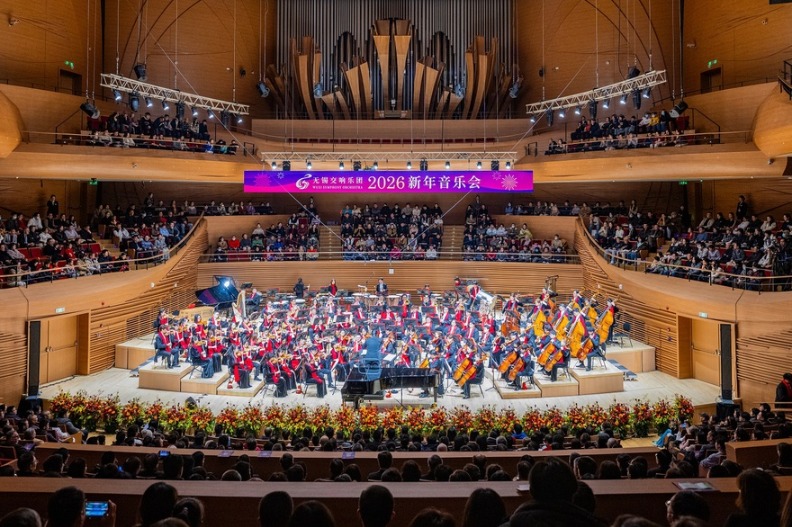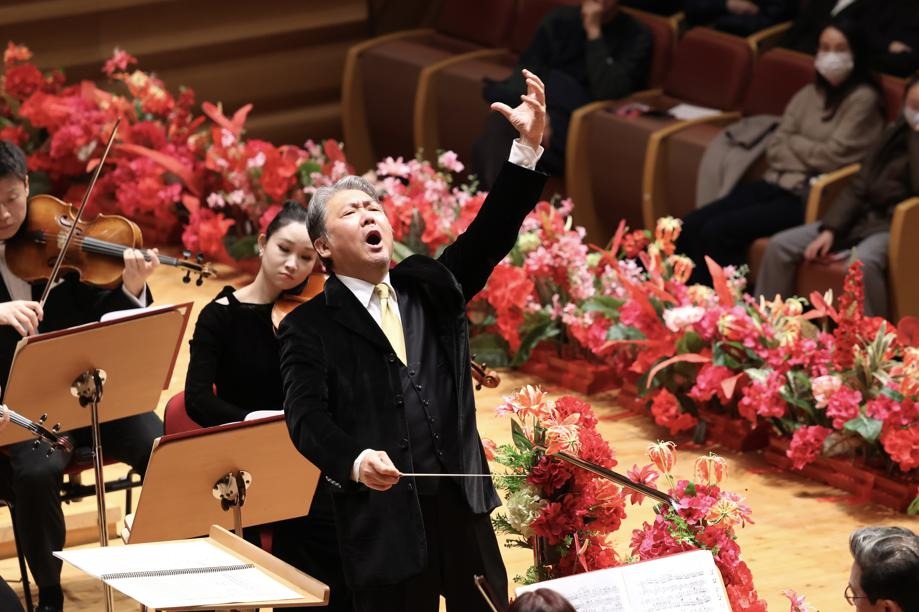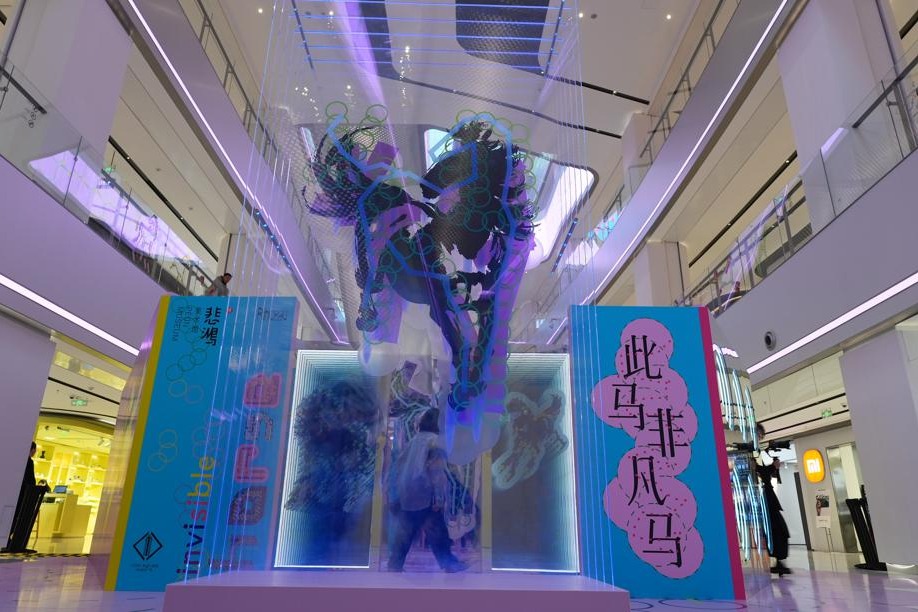Caring for the most vulnerable patients


Chen Peixiang had never nursed so many seniors. They were all infected with COVID-19 and most couldn't take care of themselves. They needed help in dealing with almost every aspect of life: from eating to sleeping and going to the bathroom.
This is what the 300 or so members of the mainland medical team faced after they arrived in Hong Kong on March 16. They worked at the community treatment facility at the AsiaWorld-Expo complex on the island of Chek Lap Kok, caring for hundreds of omicron patients amid the fifth wave of COVID-19.
Chen has a wealth of experience in dealing with such patients, as the hospital she works for-the Third Affiliated Hospital of Sun Yat-Sen University in Guangzhou, Guangdong province-is designated to treat viral infections.
However, the veteran nurse-in-charge said the situation at the Asia-World-Expo site was extremely challenging.
Many of the patients admitted to the isolation facility there were age 80 and older. Some had bedsores from lying down for too long. Others developed incontinence problems.
Chen dealt with many cases of fecal incontinence during her daily rounds. With the help of another nurse, she removed solid or liquid excrement with a cotton swab or, occasionally, her fingers. Then, she cleaned the patient and changed their bedsheets if necessary. Afterward, she helped them lie down in a comfortable position.
Sometimes, helping the patients in such ways gave her new ideas. For example, she sometimes suggested that the patient tried a professional abdominal massage every day to help them digest food better, which could ease the condition.
In addition to taking care of the patients' physical health, the medical staff also helped ease their stress and anxiety. Chen often explained the patients' health conditions to them and answered any questions that arose.
The team members worked round the clock in shifts of four to five hours. Sometimes, Chen worked shifts in the early hours of the morning.
Once they entered the facility clad in protective suits, the team members worked without a break until the shift finished, because they couldn't drink or eat halfway through. After work every day, they were ferried to a designated hotel to rest.
Thanks to the combined efforts of medical workers from Hong Kong and the Chinese mainland, the city contained its worst wave of the outbreak, and many patients were discharged from the Asia-World-Expo site.
Most people in Chen's care were unable to speak, she said. However, she said she could tell from a patient's expression that their condition had improved thanks to the care of the medical workers.
After, some patients sent cards and flower baskets to thank the medical staff, especially those who were there from the mainland.
Chen had never been to Hong Kong before her recent trip, but when the epidemic is finally beaten, she hopes to bring her family back for a visit so they can fully enjoy the city's charms.

- A taste of Hainan: From dawn to midnight
- From sunrise to starlight: A day in Hainan
- National railways carry 4.255b passenger trips in 2025
- Chinese capital declares major victory against air pollution
- Compatriots across Taiwan Strait urged to jointly promote national reunification
- Rocket launches boost aerospace-themed tourism in Wenchang



































